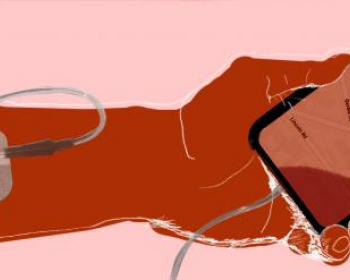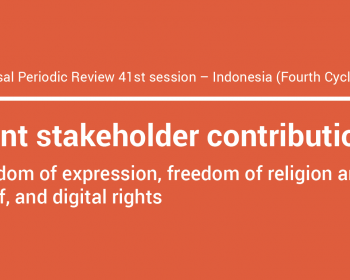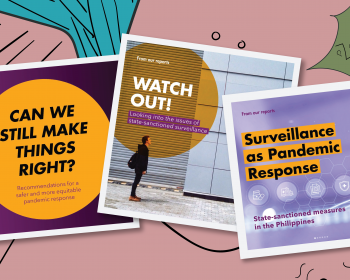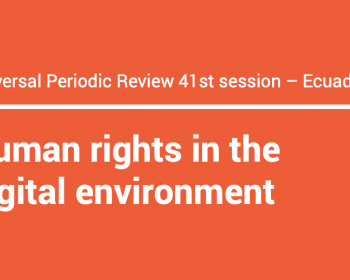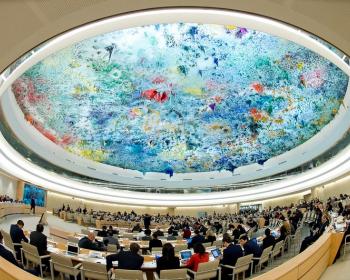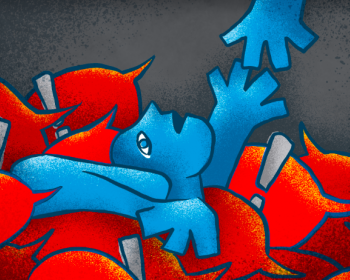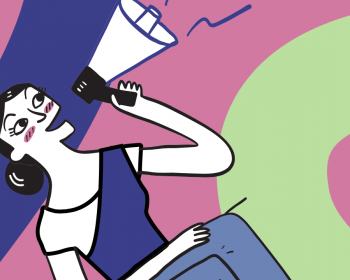Security and privacy
Two years ago, the assumption was that the pandemic and ensuing lockdowns would have lasting impacts on digitalisation – that they would accelerate the process by which offline turned to online, increase its pace and shift the way we do things towards digital alternatives. But has this happened as much as was expected?
This joint civil society submission focuses particularly on digital rights including freedom of expression, the protection of human rights defenders (HRDs), including women human rights defenders, violence against women and misinformation.
In this submission, APC and other civil society groups call on the Indian Ministry of Electronics and IT to withdraw the amendments recently proposed to the country's IT Rules and to commence a process of consultation on the proposed amendments.
Fraud is now the commonest crime in the UK, and most of it is online. Cybercrime and cybersecurity have become some of the biggest problems in digital policy development, and we need to think broader and listen to victims to be able to respond to them.
The COVID-19 pandemic has seen rampant surveillance and citizen monitoring under the guise of public health. FMA's recent research focused on understanding how such privacy and freedoms were being curtailed in the Philippines, providing recommendations for a more equitable response and helping civil society hold the government accountable.
This guide from Pangea explains everything you need to know to make your email more secure, beginning with plain-language explanations of the concepts involved and then moving on to the tools you will need and easy-to-follow instructions on how to use them.
Within the framework of the 41st cycle of the Universal Periodic Review of the United Nations (UPR), APC and Derechos Digitales want to draw attention to some relevant aspects for the exercise of human rights in the digital environment in Ecuador.
APC's priorities at this session of UN Human Rights Council include gender-based violence online, in particular the issue of gendered disinformation and violence against women journalists; freedom of expression and association; and the human rights impact of the tech sector.
Through the #challengehateonline campaign around 18 June, APC aims to spark discussions on the impacts and consequences of online hate speech on vulnerable communities as well as highlight stories of resistance from across the global South.
This report captures the first results of a project aimed at creating generative processes and spaces for discussions in Bangladesh around free speech and hate speech and their implications which could continue beyond the scope and timeline of the project.

Association for Progressive Communications (APC) 2022
Unless otherwise stated, content on the APC website is licensed under Creative Commons Attribution 4.0 International (CC BY 4.0)



